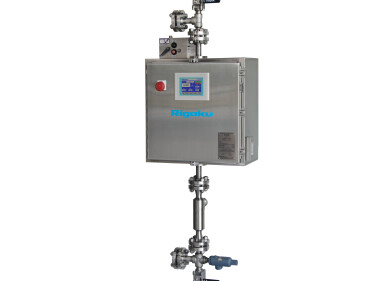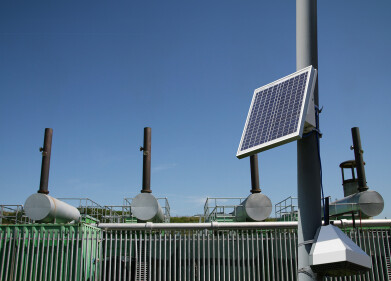Measurement and Testing
Will Venezuelan Oil Production Continue to Fall?
Feb 14 2018
As well as a political crisis Venezuela is also facing crunch time for its oil industry. The nation's production figures are continuing to plummet and now, some of the worst-case scenarios for the South American nation are starting to look all too real.
Back in January OPEC compliance rates remained elevated at 138%. This immobilised a slide in oil prices, despite new data suggesting that the US shale market is booming. Side stepping a decline was also largely thanks to Venezuela's rapidly eroding production base, which is on the brink of collapse.
A perfect storm for Venezuela
One of the biggest contributing factors is the worsening economic crisis. The nation has no cash for investment or maintenance and is also facing a national debt crisis. It's also been slammed with US sanctions, as well as the recent politicisation of Petroleos de Venezuela, S.A (PDVSA), the country's state-owned oil and natural gas company.
“Unfortunately, these factors are not going away, which means Venezuela’s output and political situation will likely remain in a downward spiral during 2018,” commented Barclays analysts in a research note. According to the investment bank Venezuela’s oil production will average roughly 1.43 million barrels per day in 2018, which represents a staggering decline of around 700,000 bpd from the 2017 average.
Bond payments trump national investments
The situation is heightened by escalating national debt, not to mention a serious humanitarian crisis that's seen the country face poverty, starvation and a dire lack of medical supplies. Meanwhile, the government has been prioritising major bond payments, a decision sparked by a fear that once PDVSA defaults creditors could go after Venezuelan oil assets across the globe. As a result, the government has no cash to invest in its mainland oil fields and refineries, which has forced production into a steep decline. It's a double-edged sword as failure to maintain production will only escalate the cash crisis and make it harder to meet debt repayments.
Experts assert that the only way the country can save its economy is with a change of government.
“We believe sustainably growing output would likely require a combination of the following: a regime change, FX reforms, adjustments to fiscal terms, changes to PDVSA’s equity mandate, and higher oil prices,” suggests Barclays. All are serious calls to action, which means that unless the nation spearheads serious change Venezuela's oil industry will continue to head south.
From downturns to booms, organisations like the Centre for Process Analysis and Control Technology (CPACT) play a key role in process analysis and control within the Process analysis and control. Find out more about the latest advancements in 'CPACT Celebrates 20 Years and Looks to the Future'.
Digital Edition
PIN 25.5 Oct/Nov 2024
November 2024
Analytical Instrumentation - Picturing Viscosity – How Can a Viscometer or a Rheometer Benefit You? - Sustainable Grease Formulations: Evaluating Key Performance Parameters and Testing Method...
View all digital editions
Events
Dec 03 2024 Dusseldorf, Germany
Dec 08 2024 Anaheim, CA, USA
Turkey & Black Sea Oil and Gas
Dec 11 2024 Istanbul, Turkey
Dec 19 2024 Aurangabad, India
Jan 20 2025 San Diego, CA, USA



















